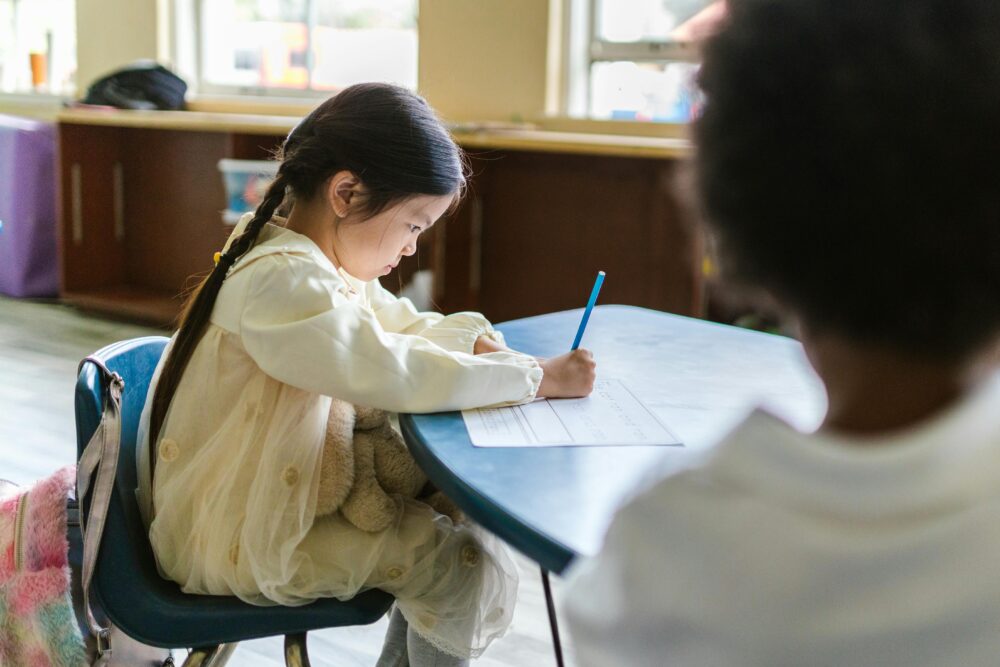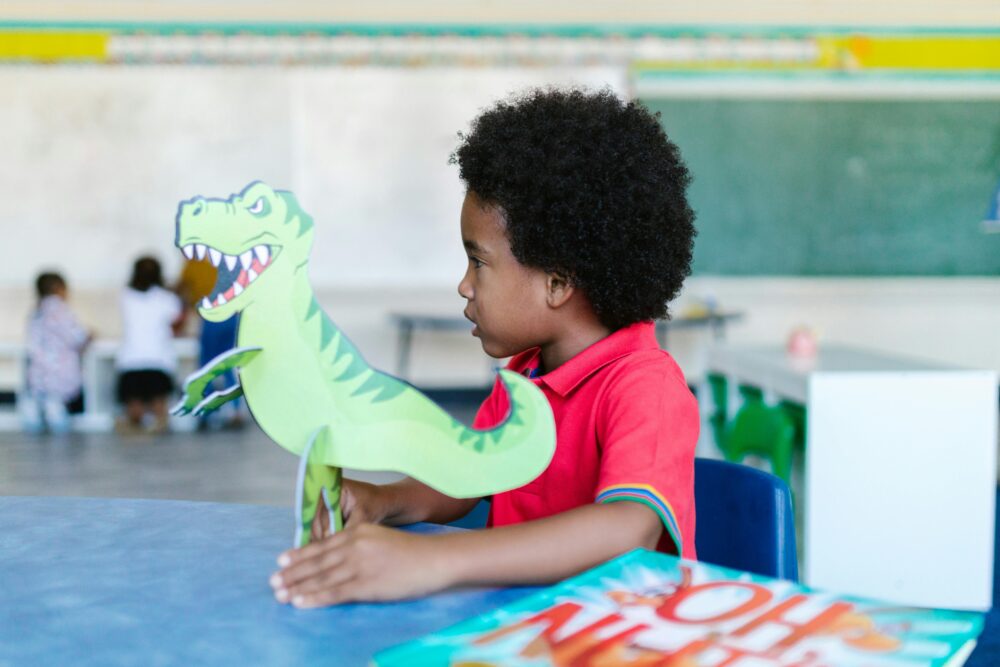আসনের জন্য অপেক্ষা: নিউ ইয়র্ক সিটিতে প্রি-স্কুল বিশেষ শিক্ষা শ্রেণীর আসনের ঘাটতি
As a result of years of under-investment by the State in preschool special education programs, New York is falling far short of providing all children with the preschool special education classes they need and have a legal right to receive. This policy brief shows a projected shortfall of more than 1,000 preschool special education class seats for New York City children with disabilities for spring 2020.

Advocates for Children of New York (AFC) released a new report, আসনের জন্য অপেক্ষা: নিউ ইয়র্ক সিটিতে প্রি-স্কুল বিশেষ শিক্ষা শ্রেণীর আসনের ঘাটতি, showing a projected shortfall of between 1,028 and 1,932 preschool special education class seats for three- and four-year-old children with disabilities in New York City this spring. This number does not include the projected need for hundreds of additional bilingual preschool special education class seats, which are calculated separately.
While many preschoolers with disabilities receive services in general education pre-K classes, children with more significant needs have a legal right to a seat in a preschool special education class with a certified special education teacher and a smaller student-to-staff ratio. However, after years of under-investment by the State in preschool special education programs, New York is falling far short of providing all children with the classes they need. In fact, 22 of the City’s 32 school districts have a shortage of preschool special education classes for the spring. The need is particularly acute in the Bronx, with a projected need of at least 450 and up to as many as 798 seats in monolingual English classes, as well as additional seats in bilingual Spanish classes.
“We have heard from parents desperate for their preschoolers to get the help they need to learn to talk and walk, but who have been sitting at home for months waiting for a seat in a class,” said Kim Sweet, Executive Director of AFC.
"Unless government leaders take immediate action, hundreds of children with autism and other disabilities will miss out on their mandated services this spring in violation of their civil rights, and we will squander this opportunity to provide support at the point in a child’s development when it is likely to be most effective.”
Kim Sweet, Executive Director of AFC
Over the past two years, the DOE has opened more than 1,000 additional preschool special class seats in an effort to address the shortage. However, community-based organizations (CBOs), which run the majority of preschool special education classes, are struggling to keep their doors open and run high-quality programs as a result of the insufficient payment rate set by the State. In particular, the rate makes it difficult to recruit and retain certified teachers who could earn far higher salaries at public schools and other early childhood education programs.
Prior to the 2015-16 school year, the State did not provide any increase in reimbursement rates for preschool special classes for six years, keeping the rate stagnant with no cost of living adjustments. Since that time, the State has approved only a two percent increase each year —far less than the rate increase recommended by the New York State Education Department, New York State Assembly, New York State Senate, advocates, and providers to address the shortage of programs and help ensure there is a seat for every child who needs one. In recent years, more than 60 preschool special education programs have closed around the State—many of them citing inadequate rates.
The budget proposal released this month by Governor Cuomo does not include any initiatives to help address this crisis.
"By the time Aiden got a seat, the teachers and therapists had to do double the work just to get him back up to speed. Now that Aiden has spent time in his class, he interacts more with other children, he follows directions better, and he speaks in full sentences. But no child should have to wait so long to get the help they need.”
Janira Batista, parent of a child who had to wait eight months for a seat in a preschool special education class
“Every day that young children with disabilities sit on a waitlist instead of in class is a missed opportunity to intervene and prepare them for kindergarten,” said Randi Levine, AFC’s Policy Director. “Governor Cuomo and Mayor de Blasio have been leaders in expanding early childhood education, and they must extend this commitment to preschoolers with disabilities this year.”
The report recommends that the State and the City take the following steps:
- New York State must increase the payment rate for preschool special classes by ten percent this year to help provide programs with the resources they need to recruit and retain teachers and run high-quality programs. A rate increase is necessary to make up for under-investment in prior years and to prevent more CBOs from closing their preschool special classes and encourage them to open new classes to meet the outstanding need.
- New York City must ensure there is a preschool special class seat available for every child who needs one by opening new DOE classes or facilitating the opening of new classes at CBOs. While the State needs to increase the payment rate for these classes, the City still has a legal obligation to provide a preschool special class seat for every child who needs one. As such, the City must take steps to support the CBOs that the DOE is relying upon to provide preschool special classes including by extending the recently announced salary raises for early childhood education teachers to preschool special class teachers at CBOs.
-
একটি পিডিএফ হিসাবে প্রেস রিলিজ দেখুন
January 30, 2020


